Inspire Dialogue Summaries: The Environment
Bhaskar Vira, Director, University of Cambridge Conservation Research Institute
“How do we have a dialogue with someone who is fifty years away from inhabiting this earth? This leads to considerations of inter-generational responsibility.”
Our group was looking at the environment. One way of framing our conversation is to go back to an observation that was made earlier by Tawanda Mutasah about the nature of competition, and how the problem of conversing with strangers becomes acute and heightened when we are competing over resources. The matter of the environment illustrates this in a very particular way, and our conversation centred particularly on water, which is becoming a very central issue in the here and now. How do you find ways when resources are scarce, to share in a manner which is equitable and fair, and leaves enough for future generations? How can we arrive at negotiated outcomes that are perceived to be fair to the present and fair to the future – fair both to those who have and fair to those who don’t have? This is a very profound challenge: who do we talk to and how do we arrive at that negotiated outcome?
We ranged widely in our discussions. We talked about the constraints around contemporary capitalism and contemporary politics, and how systemic problems constrain the opportunities of individuals and the decisions they can make.
In some ways these things force an individual to make choices which work against the interests of the collective, the environment and protection into the future. There are also issues about technology and the choices that people make about that. The groups were interesting because of their particular constitution. In one of them we had a number of people who came from a language or linguistic background, which led to discussion about the importance of language, and how we frame the narrative: how can we appropriate it in ways that help to make the conversation more productive? Another group had a number of people from the creative fields, which led to discussions about how we can harness the power of arts in order to frame these conversations. In short, what came up was the potential to use dialogue in creative ways. And, of course, the matter of education ran through every discussion.
What makes the environmental issue interesting is also the need for inter-generational dialogue. The ‘strangers’ we are talking about here are not yet born, therefore we have to think about who speaks for the children of the future, because the decisions we make today are going to have a direct effect upon their world. How do we have a dialogue with someone who is fifty years away from inhabiting this earth? This leads to considerations of inter-generational responsibility. People tend to see their responsibility for at least the current generation: for example, we had someone teaching at a primary school, and they pointed out that when you are teaching children up to the age of eleven, you are already talking about the next generation. Some of us are parents, of course, so inter-generational responsibility spreads naturally through our discussions. But we also need to think about the long-term future.
There are a few things I want to bring to the collective discussion. The first is the issue of making informed choices. We constantly make choices about environmental issues, but they are often not made on sound information so that we understand the implications of our choice. Someone from one of our groups pointed out the ‘embodied’ water in one McDonald’s big mac is the equivalent of twenty showers, because the water that is used to feed the cattle which then goes to making that burger is the amount you would use in your showers over twenty days. I did not know this, and when I’ve had a big mac at McDonald’s I’ve not been thinking that I’m consuming water. So how do we get this information out, so that the decisions that we make – the small incremental changes that add up to big change – are informed by knowledge of their impact? How do we obtain this information? How do we harness the narrative, and use the channels that everyone is already using, such as Twitter? Can we harness the power of advertising in ways which actually make the positive message appear, so that people’s choices are fully informed?
Secondly, there is a question concerning responsibility. One interesting element of the climate change treaty in the context of universal responsibility is that it uses the term “common but differentiated responsibility”. The idea of universality is that everyone has responsibility; the idea of “common but differentiated responsibility” is that, whilst everyone has responsibility, the extent of it reflects their ability, their resources and their historical responsibility. So the developed countries might have to take more responsibility because of the implications of their consumption choices in the past. But generally, the interesting aspect is the combination of the notion of ‘universality’ with the notion of ‘differentiation’.
Finally: an observation about how, even in situations of conflict, dialogue can happen. Coming back to the issue of water, a good illustration is that even now in the Middle-East Israel, Palestine and Jordan are talking about water resources, despite the fact that they find it very difficult to agree about anything else. It is the same with India and Pakistan, where there is something called the Indus Water Treaty which was negotiated in the 1960s. It is a negotiated settlement for the sharing of the resources of the Indus River, which is a hugely important matter for both sides. Even when they have fought wars against each other, they have maintained this treaty – and it has never broken down. This raises an interesting question, I think, about dialogue and conflict.
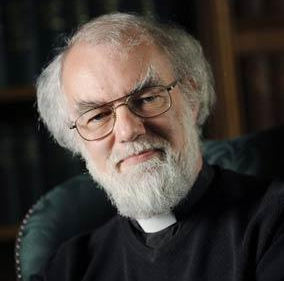
Inspire Dialogue Introductions: Lord Rowan Williams
Master of Magdalene College, Cambridge
“When we go out and encounter others, we are asking for something that is not already there to come alive in us.”
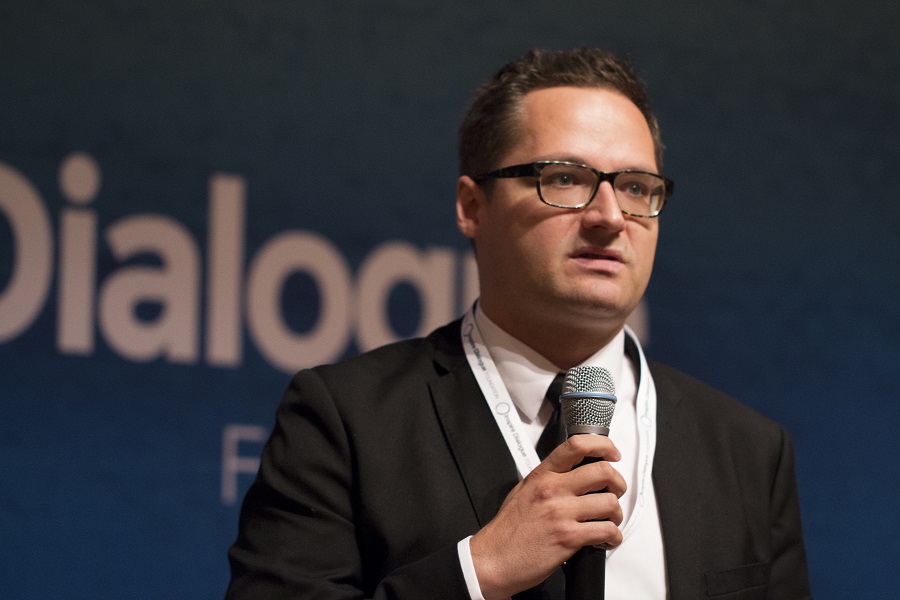
Inspire Dialogue Introductions: Frederick Smets
United Nations High Commission for Refugees (UNHCR)
“Most of these people do not need money, but they need somebody that they can have a conversation with.”
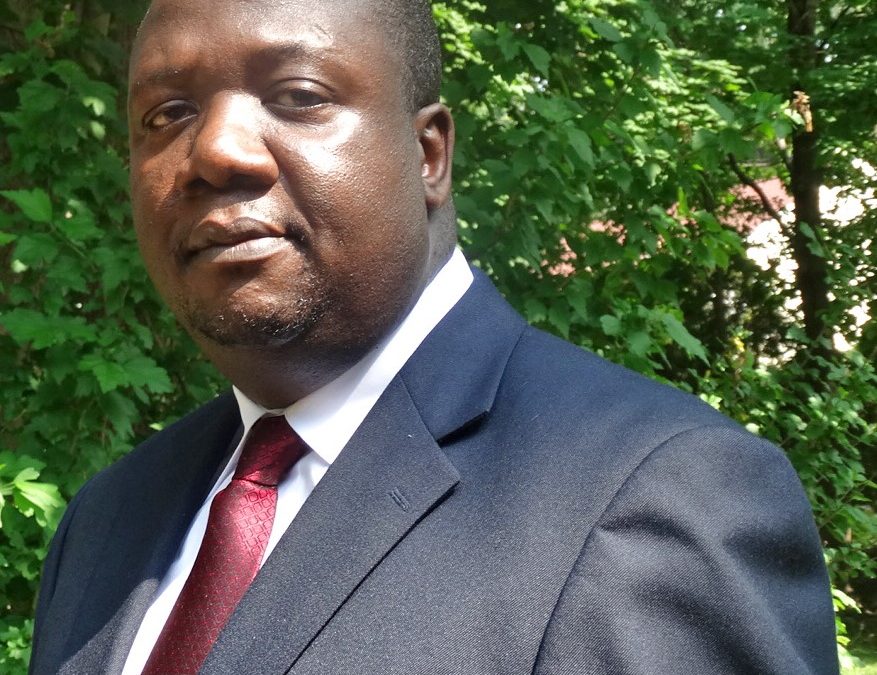
Inspire Dialogue Introductions: Tawanda Mutasah
Senior Director of Law and Policy for Amnesty International
“The stranger or ‘the other’ is a notion that we construct in our quest for a resource. In reality, there is no ‘other’…”

Inspire Dialogue Introductions: Baraa Halabieh
English-Arabic translator
“What makes humanity so beautiful is our multiculturalism… the variety in our colours, cultures and beliefs is what makes us all unique.”
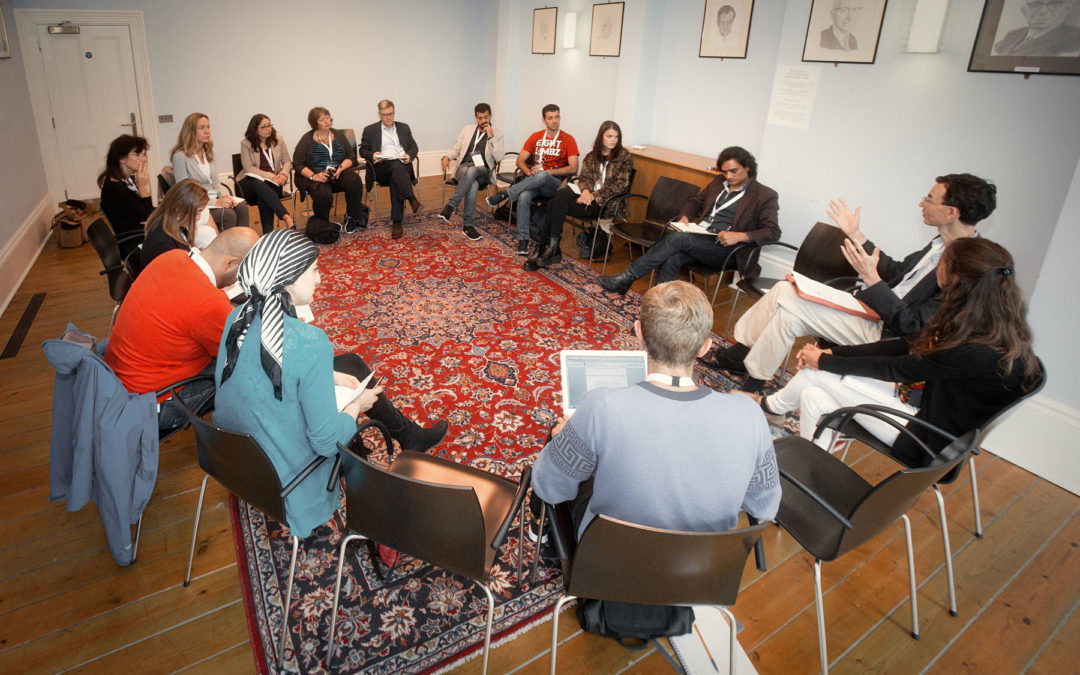
Inspire Dialogue Summaries: Conflict Resolution
Brendan Simms and Alison Liebling
“We were criticised and ridiculed by other professional groups for coming into a maximum security prison with the word ‘trust’ in mind.”
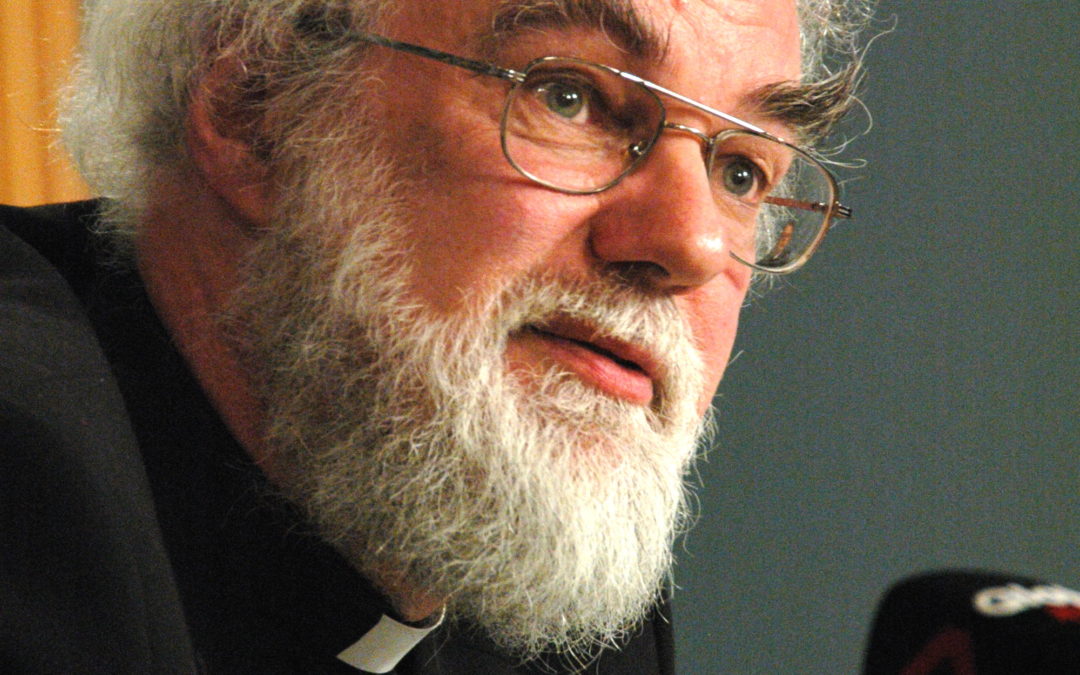
Inspire Dialogue: Final Summary
Lord Rowan Williams
“To be able to imagine that things don’t have to be as they are is perhaps one of the most important things that human beings ever do.”
MORE IN BESHARA MAGAZINE:
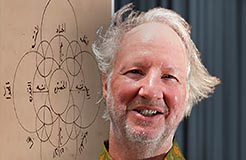
Bringing Light to the World: the Vision of Ibn ‘Arabi
Dr Eric Winkel talks with Jane Clark and Richard Gault about what the wisdom of the great philosopher/mystic can offer us in these troubled time
‘At some point we have to get out of the head and out of the intellect and ask: Can we look with our hearts?’

Personal Integrity in the Poetry of C.P. Cavafy
Andrew Watson pays homage to Greece’s most famous modern poet, whose message of quiet fidelity to our own values still has great resonance today
‘What matters is the spirit in which the journey is undertaken: the desire to observe, to learn, to seek beauty, to take time…’
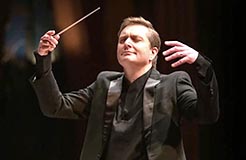
The Art of Conducting
British conductor James Lowe talks about the nature of music and the influence of the Tao Te Ching on his work
‘Great art and music dissolves barriers, allowing us to touch on something transpersonal, something above ourselves.’

AI and Spiritual Intelligence
Mark Vernon dives into the debate surrounding digital technology
‘Where AI processes what is concrete and known, spiritual intelligence is alert to the ineffable, the paradoxical, the mythological.’
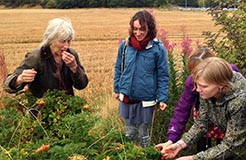
Eating the Wild
Charlotte Maberly investigates the benefits of foraging, and talks to Scottish food writer and historian Fi Martynoga
‘Eating nature may be the best and most accessible method we have of creating bonds with it.’

The Cosmos in Stone: the Ascent of the Soul
Artist–Geometer Tom Bree explores the symbolism embodied in the design of the Dome of the Rock in Jerusalem and Wells Cathedral in Southern England
‘The heavenly bodies present the soul with an image of its own inner workings. To look out into the universe becomes analogous to looking inwards.’
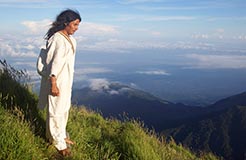
Bringing the Land Back to Life
Alan Ereira talks about the wisdom of the Kogi Indians and an important new UNESCO project in the Sierra Nevada de Santa Marta in Colombia
‘There is one system; we are part of it and the world is part of us. If you separate us from the world or the world from us, neither can survive.’
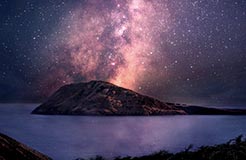
The Grandeur of the Night Sky
Hannah Dalgleish invites us to rekindle our ancient relationship with the night at a time when light pollution is becoming a global disruption
‘The night has always held a special place in human spirituality, associated with the mystery of the unknown and the search for self-knowledge.’

An Integral Approach to Dementia
Gerontologist Bettina Wichers talks about her holistic understanding of this widespread disease of old age
‘Even though the mind dissolves itself, it is still in consciousness, because this existence is always in consciousness…’
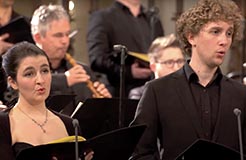
A Thing of Beauty…
Robin Thomson appreciates the music of Bach and an inspiring new performance of his St John Passion
“One of the stated aims of the Netherlands Bach Society is ‘to breathe new life into tradition’… The richness of Bach’s works is being opened up to the entire world, for anyone who wants to listen.”
